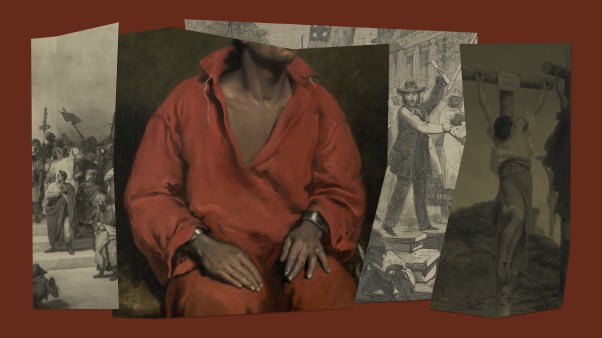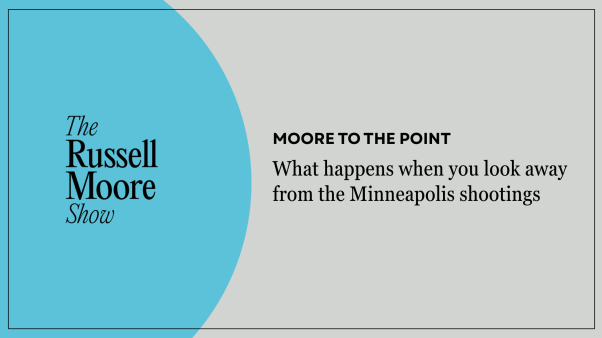All seven professors on a Gordon College committee in charge of recommending faculty promotions and tenure resigned last week, believing the evangelical school’s administration had started to ignore their suggestions.
The chair of the faculty senate, Ivy George, announced the decision at a monthly faculty meeting last Wednesday, to the surprise of provost Janel M. Curry (who serves as a non-voting member of the senate) and president Michael Lindsay (who sits on CT’s board of directors).
“We believe the decision was a consequence of frustration with a communication breakdown and difference of opinion on the outcome of recent promotion decisions,” said Gordon spokesman Rick Sweeney.
CT reached out to George, a sociology professor at Gordon, but she declined to comment on the situation.
Members of the senate are elected by the school’s 97 faculty to advise on personnel issues including hiring, reviews, discipline, promotions, and tenure, according to the school’s administrative/faculty handbook.
The senate resignations have drawn particular attention amid ongoing scrutiny over Gordon’s LGBT policies. Lindsay stirred controversy among the college’s Massachusetts neighbors and accrediting association when he joined a 2014 letter requesting that the Obama administration provide religious exemptions for federal funding recipients that consider sexual orientation in hiring.
Gordon later conducted a “period of discernment” on its pastoral response to LGBT issues, which concluded with the unanimous reaffirmation of its sexuality standards.
In March, a sociology professor filed a complaint with the Massachusetts Commission Against Discrimination, claiming that after receiving a recommendation from the faculty senate, she was denied a promotion due to her LGBT advocacy. Gordon told the college newspaper that “the professor’s application for promotion was evaluated solely on its merits and was not influenced by any other matters.”
In last week’s meeting, George, the former chair, “affirmed the authority and decision-making role of the administration, but said she felt the senators could not reconcile divergent views on the process and could no longer be effective in their roles,” Sweeney said. “Their statement did not reference any specific decision or faculty member.”
The faculty senate discussed the tenure and promotion process during a meeting with the provost and president last month, according to a faculty-wide email from Lindsay that was posted online. He clarified:
Since the senators’ resignation letter suggested there might be extraneous considerations at work, let me be very clear: there are no new criteria for evaluating promotion and tenure candidates, and I am 100 percent confident that all evaluations that I have made or approved throughout my time at Gordon have been based on assessments in accordance with the standards in the administrative/faculty handbook.
The provost or I may not always agree with how the senate applies those standards, but it can be expected that thoughtful evaluators may reach different conclusions from time to time.
Last year, a philosophy professor—no longer at Gordon—filed a suit alleging discipline over her criticism of Lindsay’s stance. The college clarified that in her case, the faculty senate voted to discipline her and the administration responded accordingly. The case has since been settled.
A sociologist known for his research on evangelicals and leadership, Lindsay has served as Gordon’s president since 2011. He previously told CT that “the issues Gordon is facing (over its LGBT position) are issues that every Christian college is grappling with or will grapple with. Part of it concerns the authority of Scripture and the desire for evangelicalism to be known for what it’s for, not what it’s against.”









